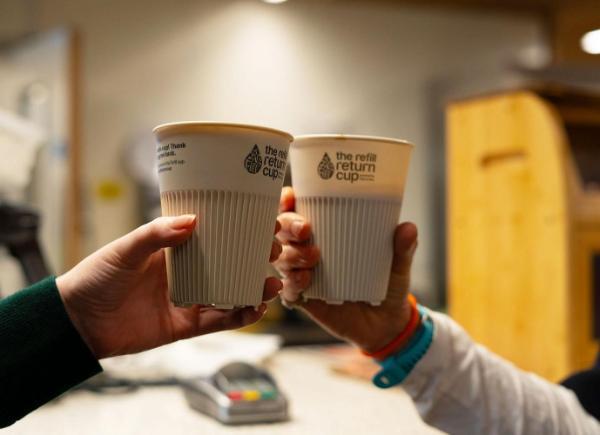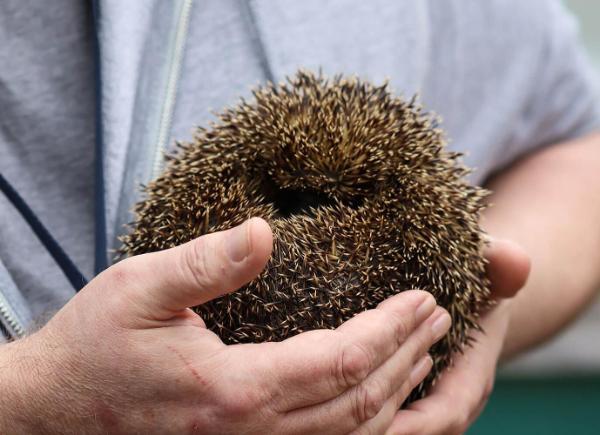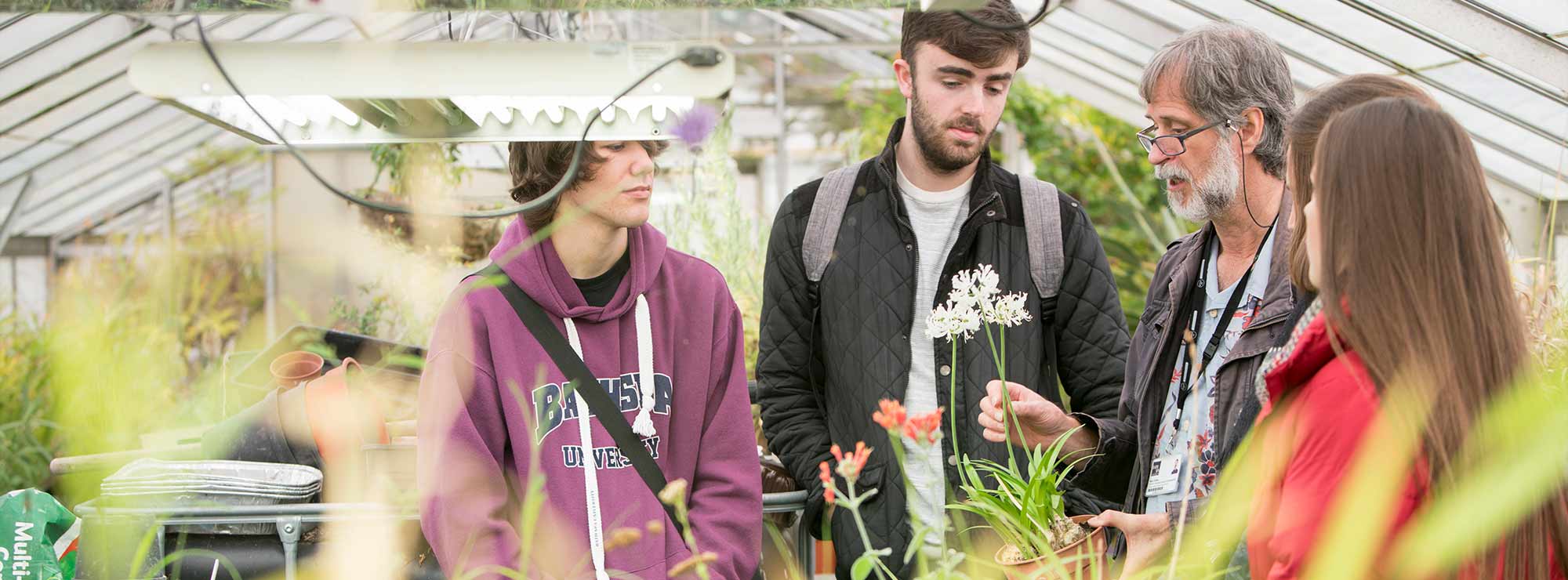
Sustainability
On these pages you'll find out more about what we're doing at BSU to meet our sustainability targets and how you can get involved.
Our purpose is to make the world a better place, one student at a time. We do this not only through our education and research, but also in everything we do as a business. We recognise that this is a process of continual improvement and we're learning as we go.

What does sustainability mean at BSU?
We recognise and cherish the unique spaces in which we learn and work.
Our sustainability vision is to create sustainability-minded, socially-engaged global citizens, by using sustainability principles to guide our values, actions and curricula, and by leading by example.
Through its long-term planning approach and position of influence on future generations, the Higher Education sector is uniquely placed to demonstrate leadership in the field of carbon reduction and sustainability.
Discover our Sustainability Strategy, our Sustainability policy, our Climate Pledge and more in these pages.
For a complete list of our sustainability policies, please visit our Sustainability policies page.
Read our sustainability strategyKey policies and information
Our response to sustainability has been to redouble our efforts to manage our climate impacts by declaring a Climate Emergency and confirming our target of Net Zero emissions by 2030, first established in 2018.
Our 2030 Sustainability Strategy
Our Sustainability Strategy is a live document managed by the Sustainability Steering Group. It was last reviewed in June 2025.
Key sustainability policies
In addition to our University Sustainability policy, we have a range of policies for different elements of our journey towards Net Zero. Find out more about our key sustainability policies
How are we going to achieve our 2030 Net Zero target?
- We'll continue to dedicate resources to achieving our Net Zero Carbon ambitions and ensure a strong foundation for sustainability throughout the university.
- Our dedicated Sustainability Team will continue to work with leaders throughout the institution to support operations and learning that benefit both people and the planet.
- We'll ensure the university operates under best practice and adapts policies in line with developments in both the environment and higher education sectors.

Interested in studying sustainability?
We offer a number of courses that develop learning
- BSc (Hons) Geography
- BSc (Hons) Environmental Science
- BSc (Hons) Wildlife Conservation
- BSc (Hons) Biology
In addition to our teaching on sustainability, a number of academic staff engage in multi-disciplinary research on climate change, environmental humanities and conservation. Some Research groups include:
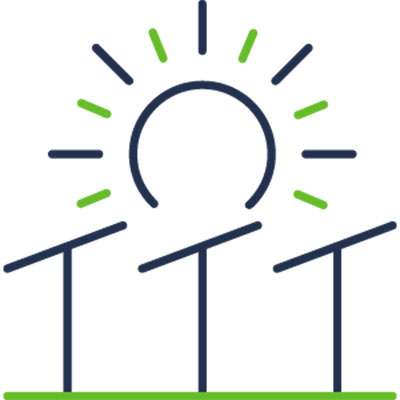
20% of all our electricity comes from a wind turbine project in UK

100% of our energy across our Bath campuses comes from renewable sources
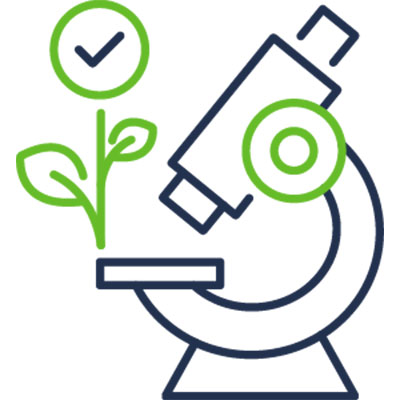
LEAF-certified
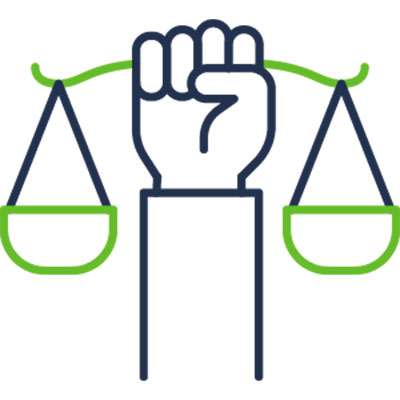
Fair trade certified
Climate emergency declaration
Bath Spa University and the Students’ Union have joined forces to declare a climate emergency. We’ve published our pledges here, showing our support for the increasing global calls to tackle climate change, and echoing the climate emergency declarations made by universities across the UK.
University pledge
At Bath Spa University we are very aware of our responsibility for protecting our environment and over the last 10 years have worked hard to address the climate impacts of our university. To date, we have reduced our carbon emissions by over 50% per m2, increased recycling rates to 80% of all University waste and improved the biodiversity on our sites through our biodiversity and habitat management plan. But, we want to do more, so we’ve set out a pathway to net-zero carbon emissions by 2030 in our new Carbon Reduction Plan.
We will achieve this by:
- Making carbon reduction targets a strategic priority to be reported on annually
- Continuing to improve the energy efficiency of our operations
- Buying our electricity from 100% renewable suppliers
- Maximising our use of renewable heat sources
- Minimising our use of resources and our production of waste
- Continuing to improve our recycling rates
- Developing a socially and environmentally-positive offsetting scheme
- Making sure that all our students are sustainability-literate and able to make informed decisions throughout their lives and able to influence others to do likewise.
Our focus so far has been on our environmental impacts from gas, electricity and vehicle emissions. Going forward, we will be focussing much more widely and will use the United Nations' Sustainable Development Goals as our framework to measure our progress. Beyond 2030 we aim to become carbon net-positive to help make the world sustainable in the long-term. This will be a whole-institution approach, through our procurement and investment, our curriculum and research, our business operations and our campus development decisions.
Students' Union pledge
At the Students’ Union, we feel passionate about all aspects of sustainability, particularly the environment, and take responsibility for the climate issues caused heavily by the UK. We have a long way to go to become more sustainable, however, we know this is an emergency and we need to come together to do the best we can. This is our future and we need to act now.
At the Students’ Union, we pledge to address the climate emergency with the following actions:
- A sustainability focus in our new 2024 strategy
- We’ve introduced a new Sustainability Rep role
- We’ve recently introduced a Sustainability action group with students, Bath Spa University staff and Students’ Union sabbatical officers, to share best practice and make actions to ensure the Students’ Union are creating positive change
- To reduce our carbon footprint by taking tangible steps such as phasing out single-use plastics and committing to sustainable transport
- Offering more education and opportunities for students around sustainability such as workshops.
We're encouraging students, staff, and the wider Bath community to make your own pledge to pave the way in making a necessary change.
Spread the word by letting your family and friends know you have signed the pledge and follow our journey using #BathSpaClimatePledge
There's more we can do, so please contact su-president@bathspa.ac.uk or environment@bathspa.ac.uk with ideas for activities and initiatives you think we could introduce to help us achieve our pledge.
Other ways we're prioritising sustainability at BSU
Green Flag
We're working towards our Green Flag Accreditation at our historically significant Newton Park Campus. This certification will reflect our hard work at maintaining our grounds, improving our biodiversity, and ensuring our campuses are beautiful places to be well into the future.
Sustainable Food
We're working to make food more sustainable on campus in the following ways:
- adopting our Food Waste Minimisation Plan
- sustainable food policy
- offering vegetarian-only food-based outlets such as the Pitta Bar
- achieving Green Kitchen Standard and Food for Life awards
- maintaining our Fairtrade certification.
Zero Emissions Transport
Getting to campus sustainably can be difficult, which is why we're focusing on making active and public transport options easier and more convenient. Check our Sustainable travel policy and travel plan for more information.
Signatory of Concordant for the Environmental Sustainability of Research
BSU are a signatory of the Concordant for the Environmental Sustainability of Research and Innovation Practice. This aims to improve practices and sustainability across many key themes within the sector. More information on the Corcodant and what it means to be a signatory is available on the Wellcome website.
Ethical careers and recruitment
BSU are committed to ensuring our students have the best start to their careers, and provide guidance to all who may want it.
We'll also aim for students to have a 'green' career, and won't advertise for roles that don't align with our Ethical careers policy.
BSU is also an accredited Living Wage employer.
Engagement with trade unions and student bodies
To ensure that all voices are heard and respected across the university, we'll invite representatives of students and trade unions to attend our sustainability steering group.
Education for sustainable development
This means ensuring all students are equipped with the knowledge they'll need to lead sustainable careers.
Our course leaders are audited on their confidence on and inclusion of sustainability in their courses, ensuring everyone has a chance to learn about how their passions can influence the future of our planet.
Who's responsible for Sustainability at Bath Spa University?
While sustainability is part of every staff member’s role, we also have a Sustainability team supported by colleagues with responsibility for sustainability in key areas. In addition to our Sustainability team, progression towards our goals is overseen by the Sustainability Steering Group.
The Sustainable Steering Group
What does the Sustainability Steering Group do?
The Sustainability Steering Group (SSG) is a decision-making and governance committee that consists of senior management from across the University and includes representation from individuals within academia, research, the student body, professional services and executive leadership.
The (SSG) is currently responsible for:
- Co-ordination of the Sustainability agenda across the University
- Oversight of the delivery of Bath Spa University’s Sustainability Strategy
- Agreeing relevant targets and tracking progress as set out in the Carbon Reduction Management Plan and the Sustainability Objectives and Targets planner
- Oversight of the University’s compliance and progress under the Modern Slavery Act 2015
- Upkeeping continual improvement in sustainability through job roles and management of wider teams and activities across the university
- Oversight of BSU’s Management Review responsibilities, according to the requirements of ISO14001-2015 and ISO 50001-2018, including:
- Reviewing and shaping the University’s Sustainability Policies & Strategy
- Proposing, considering and commissioning projects that contribute to the achievement of the University’s sustainability targets
- Reviewing the findings of internal and external environmental audits, including the status of corrective actions.
Meet the SSG
- Jo Stocks - Chief Financial Officer - Chair of SSG
- Becky Schaaf - Pro-Vice-Chancellor, Student Experience
- Rachael Johnson - Chief Information Officer
- Richard Jordan – Director of Estates and Services
- Andy Williams – Deputy Head of Estates and Services
- Craig Smith - Head of Maintenance
- Penny Snowden - Grounds Manager
- Marco Peroni - Director of Finance
- Hannah Whiting - Head of Business Development
- Arlene Stone – Director of Human Resources
- Sara Gallagher - Head of Student Wellbeing Services
- John Strachan - Pro-Vice-Chancellor, Research and Enterprise
- Liz Eyles - Director of Campus Life
- Rachael Roberts - Catering and Hospitality Manager
- Victoria Johnson - Head of Procurement
- Trade Union representatives
- Student Union President
- Ripley Hill - Nixon - Sustainability Manager
In attendance/circulation of papers
- Emma Jakins - Sustainability Co-ordinator
- Eve Winwood- Energy Performance Officer
- Communications Team representative
- Zoe Etches - Chancelry Administrator, Centre for Innovation and Knowledge Exchange
Sustainability teams
Our core team responsible focused on delivering the Sustainability Strategy:
- Ripley Hill Nixon, Sustainability Manager
- Emma Jakins, Sustainability Co-ordinator
- Harry Richardson, Sustainability Co-ordinator
- Eve Winwood, Energy Performance Officer.
They are supported by colleagues with responsibility for sustainability in their areas.
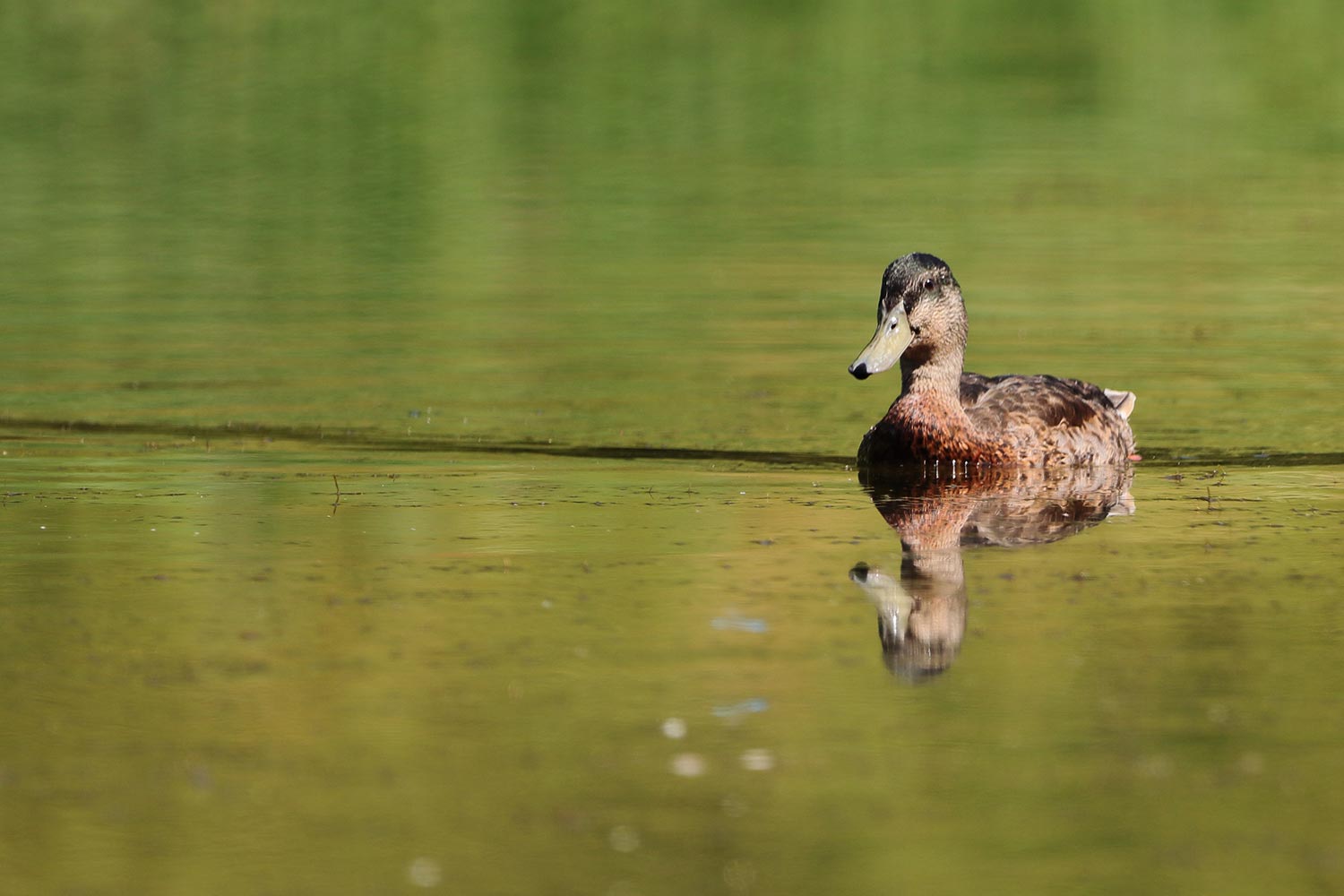
Get in touch
For more information, email the team on environment@bathspa.ac.uk.
You can also follow us on Facebook and Instagram for updates on all things sustainability at BSU!
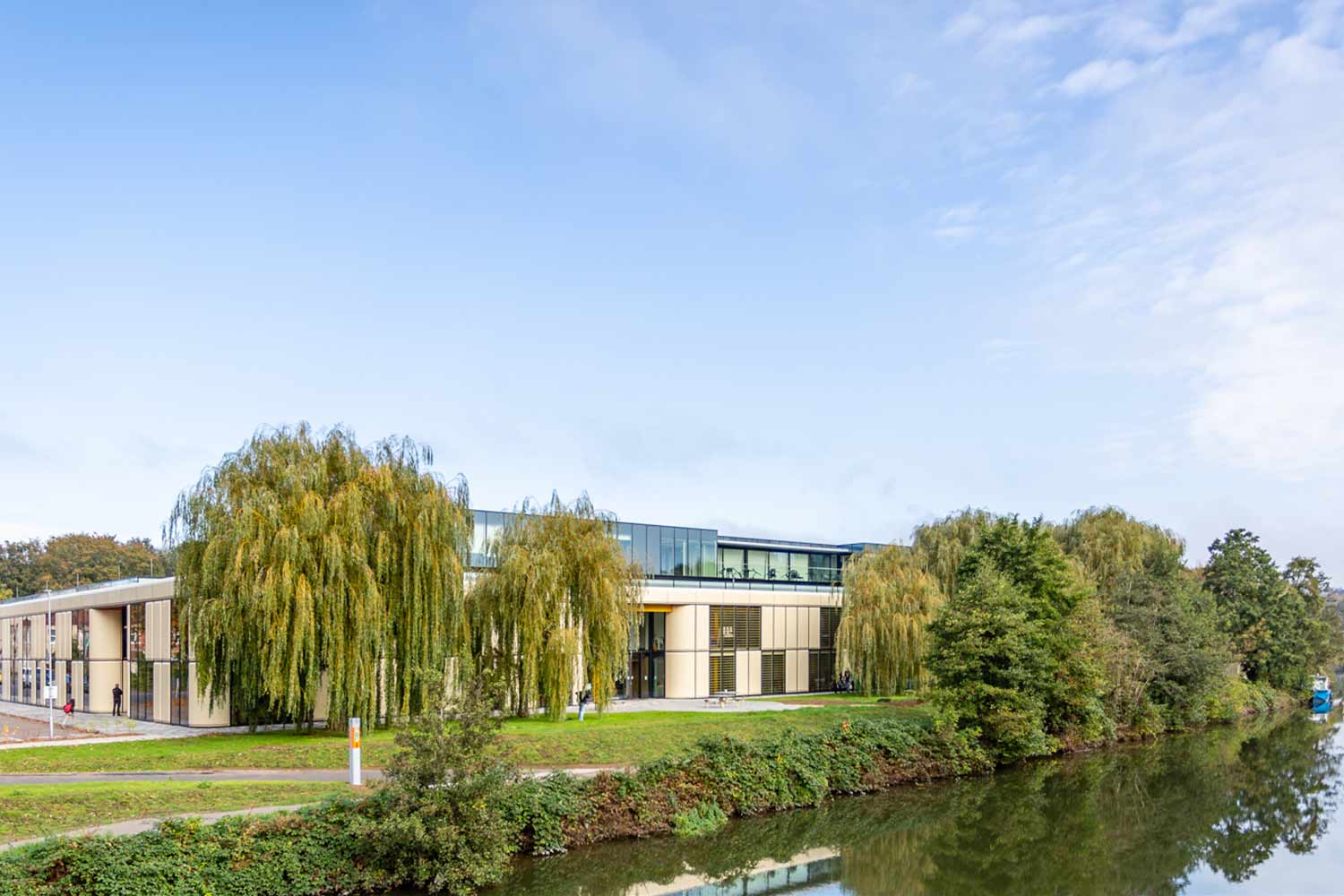

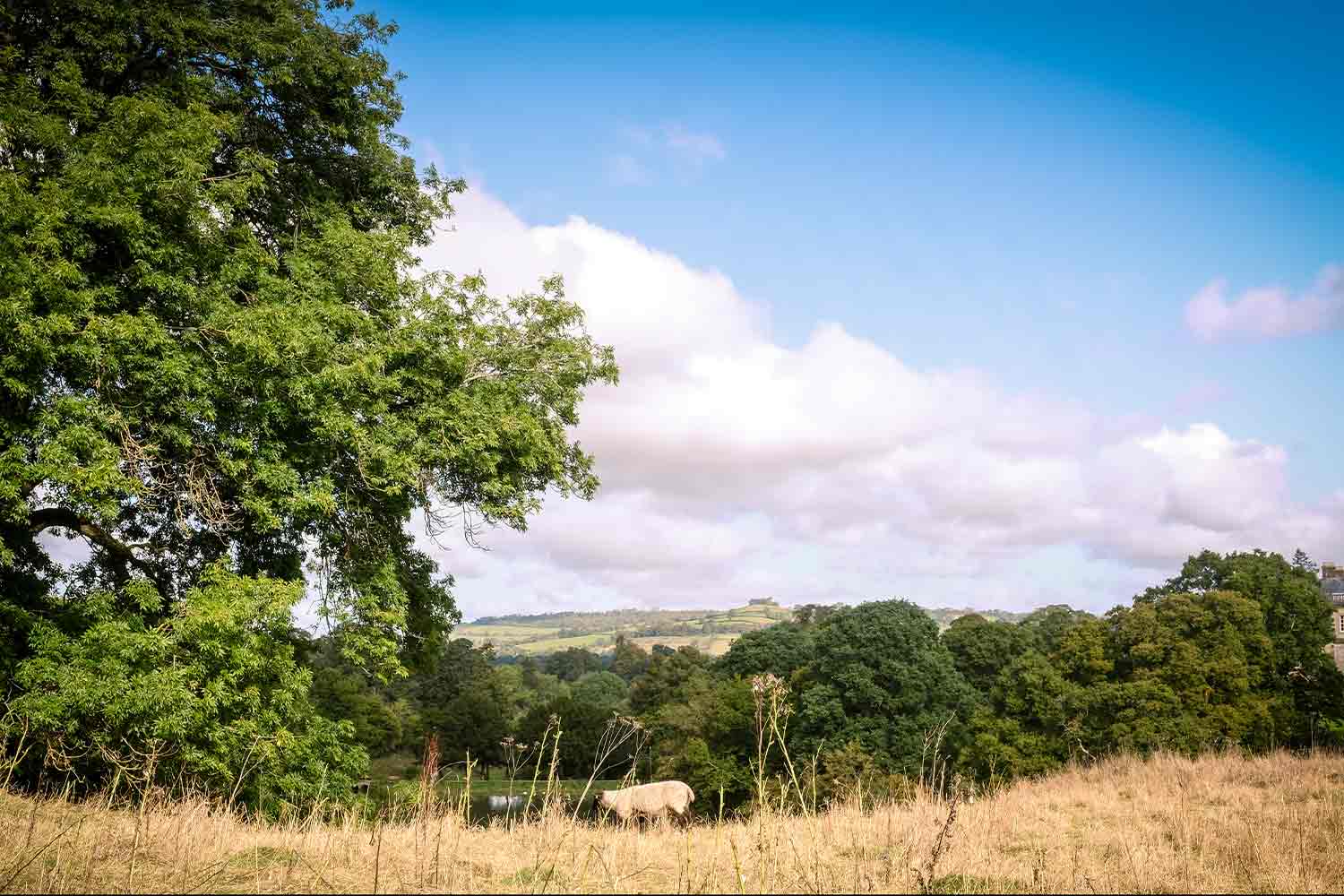

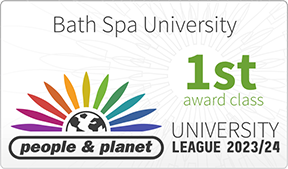
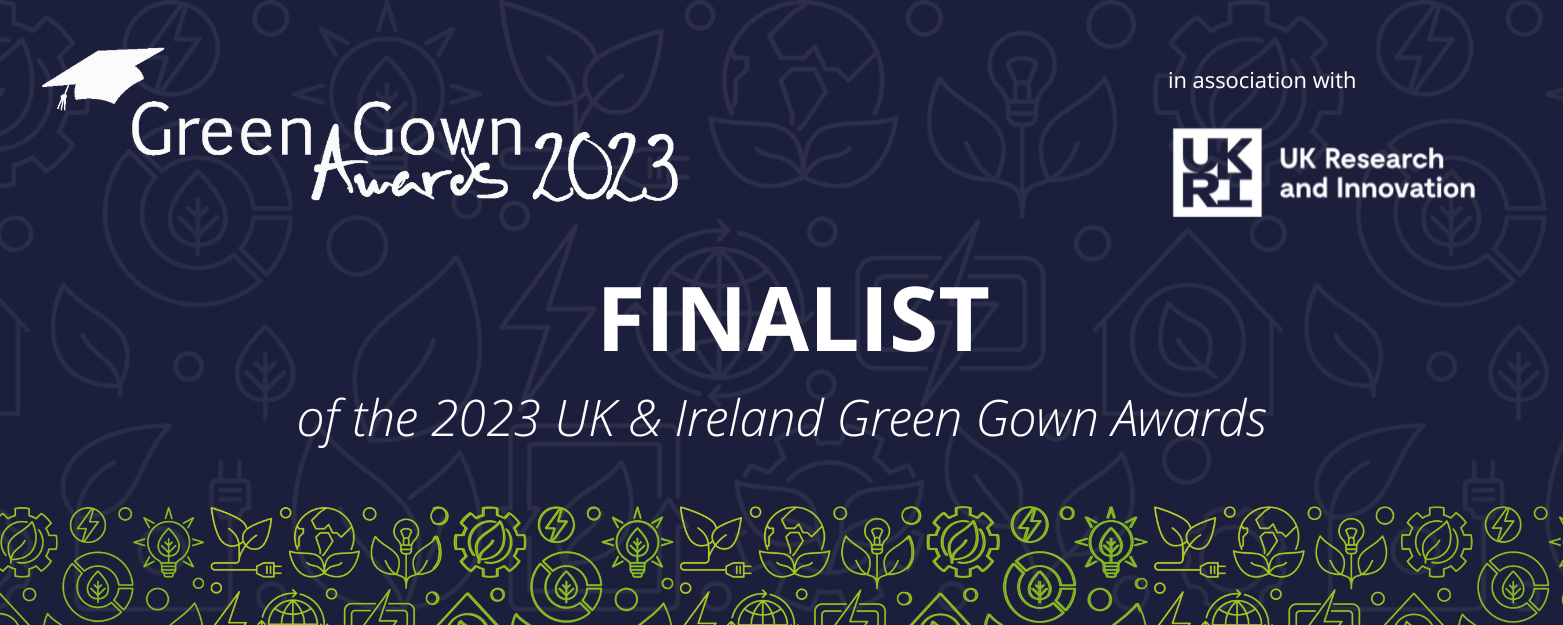
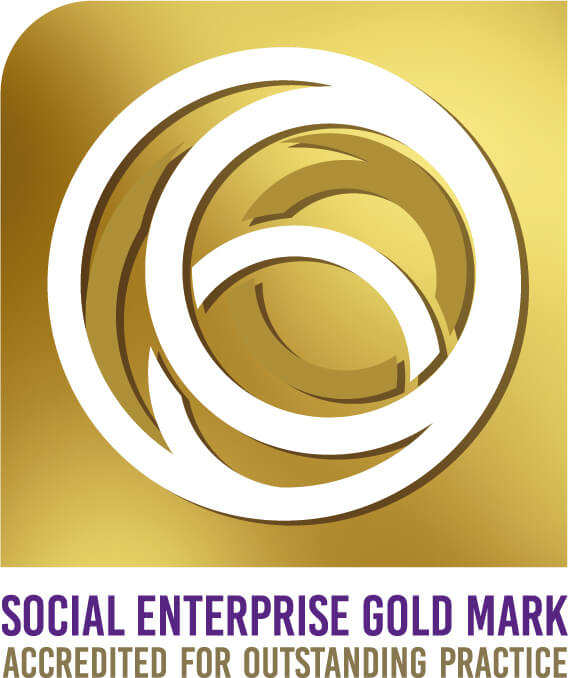
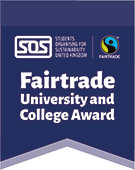
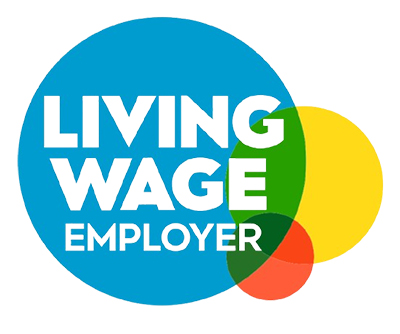
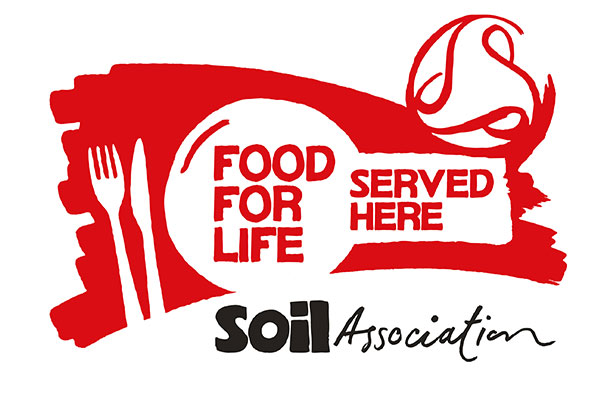
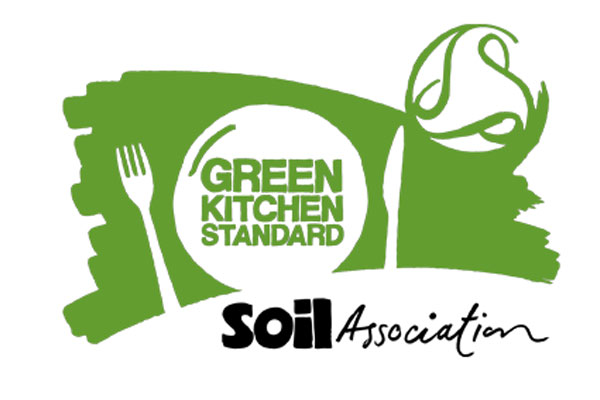
--600x435.jpg)
